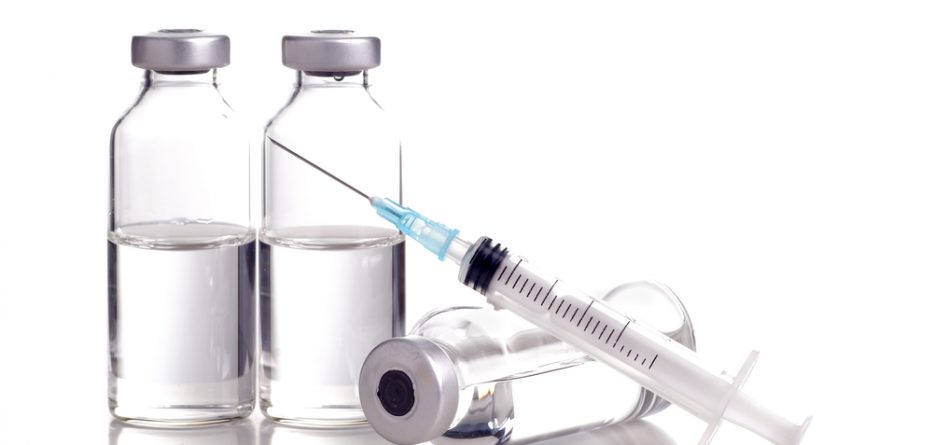A pneumococcal vaccination, or pneumonia shot, is a vaccine that can help prevent pneumonia, which is an infection of the lungs caused by pneumococcus bacterium. There are over 80 different types of pneumococcus bacteria, 23 of which are covered by the vaccine.
The vaccine gets injected into the body to help stimulate the immune system to produce antibodies that fight against pneumococcus bacteria. This is a method called immunization. In this case, it is pneumococcal immunization.
Getting the pneumococcal vaccination will not protect against pneumonia caused by microbes that are not the pneumococcus bacteria. Nor will it protect against the pneumococcal bacterial strains that are not included in the vaccine (remember that it only protects against 23 types). However, most infections are caused by the 23 types that the vaccine does protect against.
There is also a pneumonia shot for children, called 13, that covers 13 types of pneumococcus.
It is recommended that the following groups receive the pneumococcal vaccine:
- Adults aged 65 years and older
- People over 2 years of age who have chronic heart or lung disorders, including congestive heart failure, diabetes mellitus, chronic liver disease, alcoholism, spinal fluid leaks, cardiomyopathy, chronic bronchitis, chronic obstructive pulmonary disease, or emphysema
- People over 2 years of age who have spleen dysfunction or lack of spleen function, blood malignancy (leukemias), multiple myeloma, kidney failure, organ transplant, or immunosuppressive conditions, such as the HIV infection
- Alaskan natives and some American Indian populations
- People who will be having their spleen removed or immunosuppressive therapy (given two weeks prior to the procedure, if possible)
However, those with a history of hypersensitivity reactions to the vaccine should not receive the pneumococcal vaccine. Speak with your doctor first before receiving the vaccine.
This pneumonia shot is given as a single injection in adults. Those who were vaccinated prior to turning 65 should be vaccinated again after turning 65 if five or more years have passed since the first injection.
The side effects of this vaccine include soreness and/or redness around the injection site, rash, allergic reactions, and fever.
Featured image: Esbenklinker via DepositPhotos




